
28 November 2022
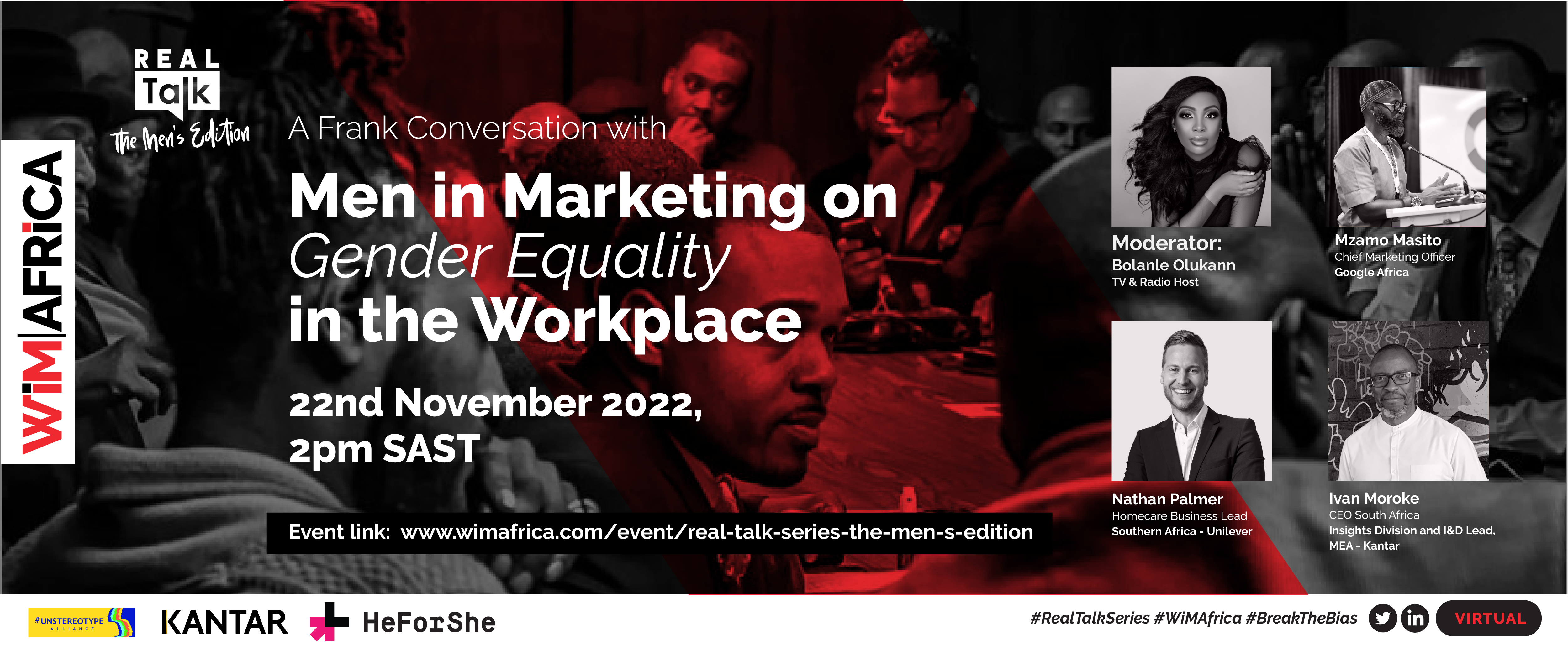
By Leigh Andrews, Women in Africa Advisor and Contributor
Historically, initiatives around gender equality and equity have been owned and driven by women. But we cannot move forward by leaving 50% of the population out of the conversation, as the potential to be great allies in our quest for achieving gender balance. That’s why the third and final edition of Women in Marketing Africa #RealTalkSeries for 2022 brought men to the table, because all the conversations on gender equality cannot bring about real change without including men.
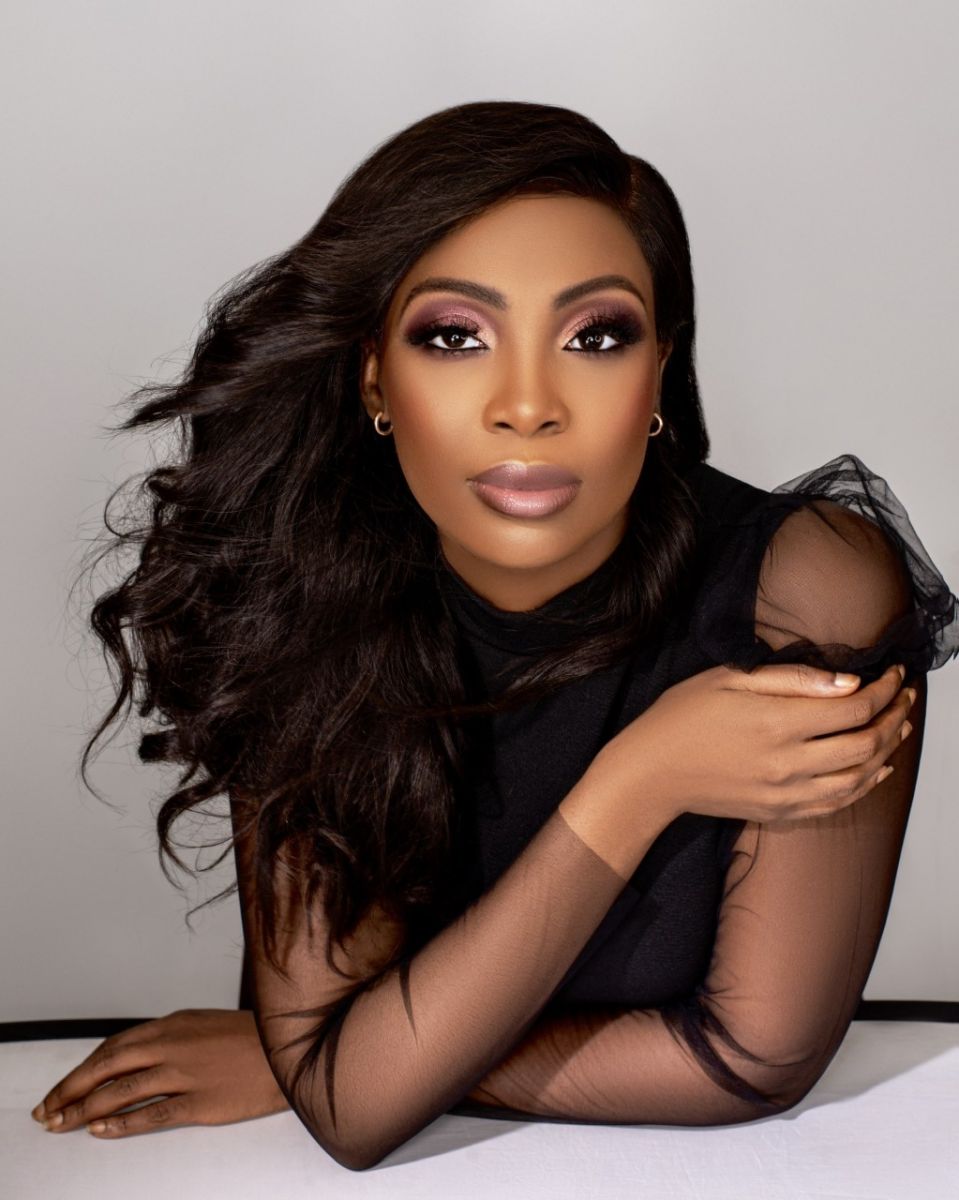 Seasoned compère Bolanle Olukanni, Bolinto Media Company Executive Producer, provoked sharp insights on gender equality in the marketing workplace in particular as the world marked International Men’s Day this November, leading the conversation with Dr Mzamo Masito, Google Africa CMO; Nathan Palmer, Unilever’s Southern Africa Homecare Business Lead; and Ivan Moroke, Kantar’s South Africa CEO and MEA I&D Lead on the role men play in balancing the playing field at work...
Seasoned compère Bolanle Olukanni, Bolinto Media Company Executive Producer, provoked sharp insights on gender equality in the marketing workplace in particular as the world marked International Men’s Day this November, leading the conversation with Dr Mzamo Masito, Google Africa CMO; Nathan Palmer, Unilever’s Southern Africa Homecare Business Lead; and Ivan Moroke, Kantar’s South Africa CEO and MEA I&D Lead on the role men play in balancing the playing field at work...
Empowered gender understanding #1: Mzamo Masito on the power of self-work in doing your best work as an ally
Wearing the coolest bucket hat, Mzamo is a pan-Africanist, passionate about ensuring Africa is represented in a way that is true to our story. Despite being surrounded by mothers, aunts, sisters and daughters, most are raised in a culture that favours men and abide by traditional gender roles. But the suggestion that all masculinity is toxic is defeatist to those who are really trying. We need to speak to all males about the need for self-work to reduce ignorance and become conscious of saying or doing things that perpetuate the status quo. It’s a lot of work as much of this is not intentional, but especially important for male leaders to undertake.
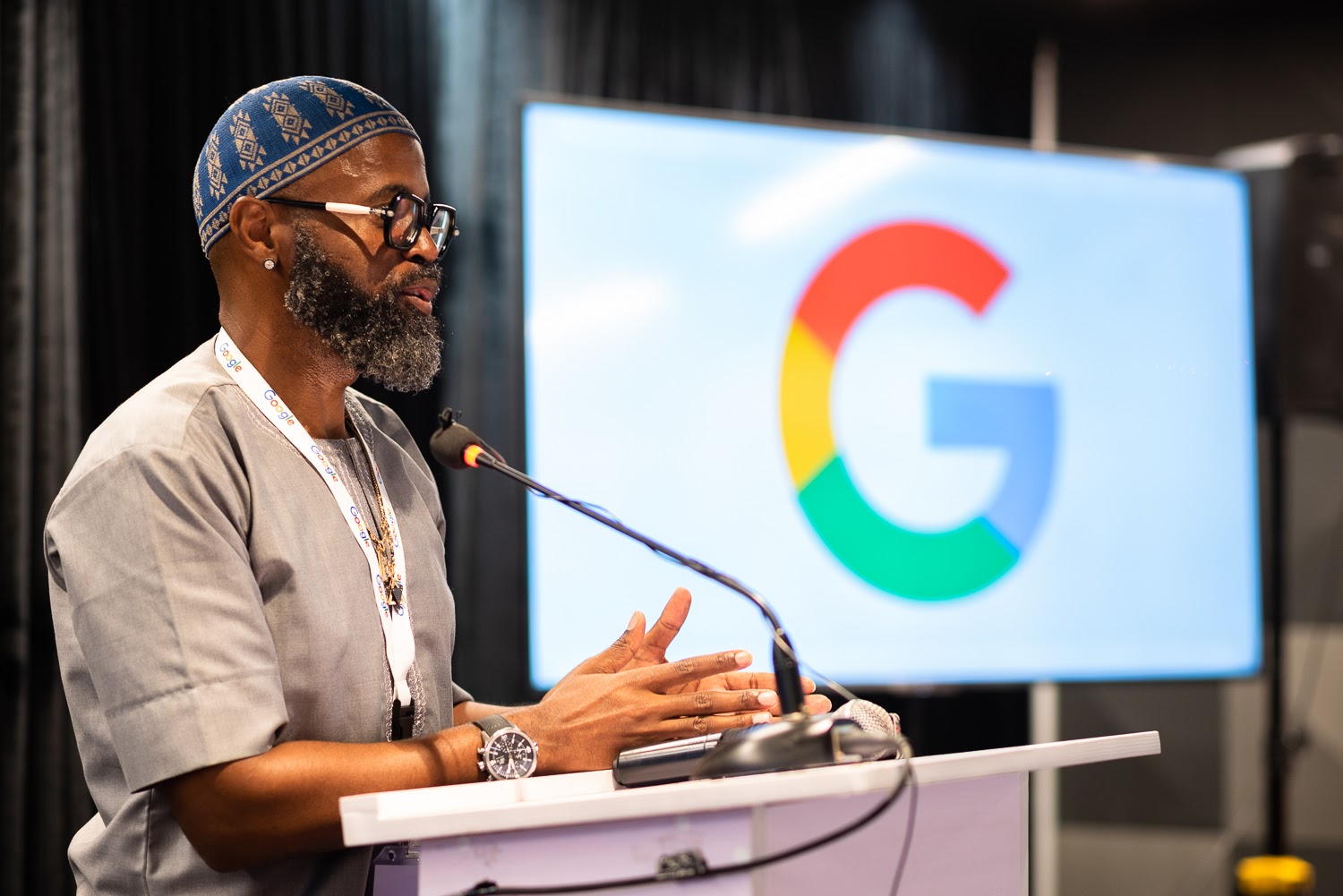 Importantly, Mzamo says, “I’ve never wanted anyone who’s my ally to sympathise or see me as a charity case where they they’re doing me a favour. we need to extend the same sentiment to other demographics. So, women need shared value, without protective hesitation or being treated with kid gloves compared to men, especially in the workplace.” But no group is truly homogenous. Being an ally means having radical candour, demanding the same things from everyone and being consciously aware of the biases we bring as well as the micro and macro aggressions that oppress women. Help remove them things or make them better, without redressing the issues at the expense of the male experience. It’s a long journey that requires grace and mercy when mistakes are made, to ensure restorative rather than punitive justice. This tends to show up in the workplace as self-censorship as there’s such fear of getting into trouble for saying or doing the wrong thing, even with good intentions. Time and again men shy away in a cloud of helplessness after a misstep. We walk around on eggshells giving non-actionable feedback in an attempt to be politically correct rather than entering the conversation around sensitive, complicated and complex issues of race, gender, gender identity, neurodiversity and disability. It’s a constant tug of war on what safety, discrimination and harassment look like in the workplace.
Importantly, Mzamo says, “I’ve never wanted anyone who’s my ally to sympathise or see me as a charity case where they they’re doing me a favour. we need to extend the same sentiment to other demographics. So, women need shared value, without protective hesitation or being treated with kid gloves compared to men, especially in the workplace.” But no group is truly homogenous. Being an ally means having radical candour, demanding the same things from everyone and being consciously aware of the biases we bring as well as the micro and macro aggressions that oppress women. Help remove them things or make them better, without redressing the issues at the expense of the male experience. It’s a long journey that requires grace and mercy when mistakes are made, to ensure restorative rather than punitive justice. This tends to show up in the workplace as self-censorship as there’s such fear of getting into trouble for saying or doing the wrong thing, even with good intentions. Time and again men shy away in a cloud of helplessness after a misstep. We walk around on eggshells giving non-actionable feedback in an attempt to be politically correct rather than entering the conversation around sensitive, complicated and complex issues of race, gender, gender identity, neurodiversity and disability. It’s a constant tug of war on what safety, discrimination and harassment look like in the workplace.
To build on Nathan Rutstein’s quote that “prejudice is an emotional commitment to ignorance”, the higher the prejudice, the higher the ignorance seems to be. Actively work to minimise your ignorance, as the less you fear saying or doing the wrong thing, the better support you provide. But it’s not women’s work to educate men. You must be a willing student to be a great ally. And yes, we need to get beyond just talking. Because as much as we ‘other’, we all have agency and we do score own goals, we all discriminate. Each individual person needs to torture their own soul, confess their own truth and up their own game.
Understand that not everything that happens at work is about your gender, race or ability. That said, there is a genuine case that women have it hard, and black women have it hardest. But while we need to support men willing to be advocates for freedom or equity, we should not nurse fragilities. We need more training and cover at work – knowing that there is a place to learn and grow when we make honest mistakes, and to consider what we can do differently or better in future. We need to ensure this psychological safety for all. Once you’ve done the work you need to be actively alert to gender roles playing out around you, as women over-index in taking on non-promotable tasks like making the coffee or taking notes in meetings. Share the responsibility. In hiring, we need to ensure not only that the panel interviewing is diverse enough, but also that the group of people interviewing are diverse enough. We need to encourage underrepresented groups self-promote. These are practical, everyday things to be consciously doing as brand leaders.
Empowered gender understanding #2: Nathan Palmer on moving beyond ‘yet another inclusion and diversity conversation’
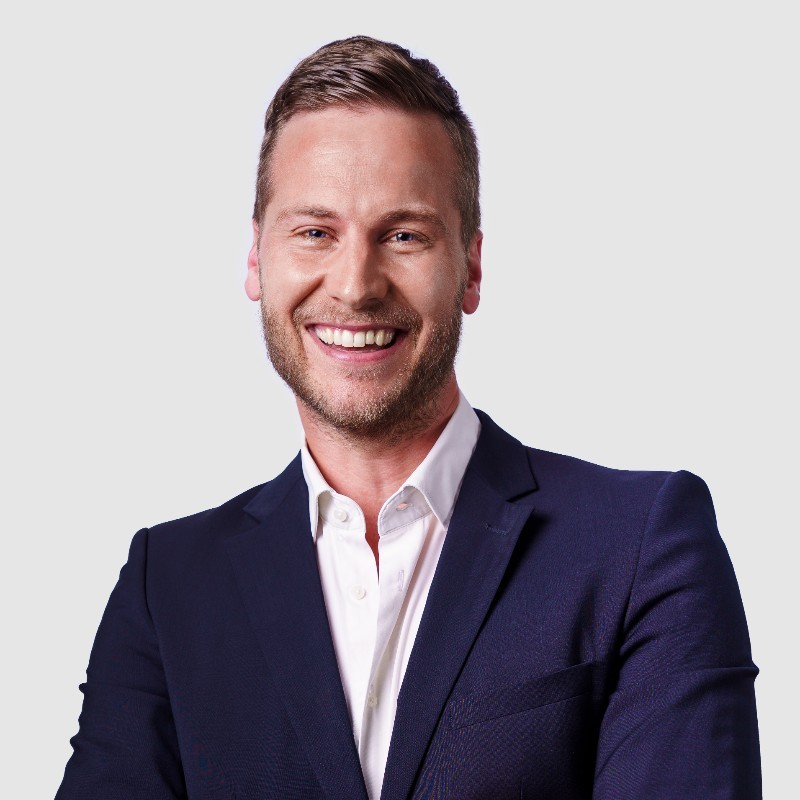 With a celebrated history of work on iconic brands loved by many, Nathan joined Unilever’s grad programme many moons ago and now develops their partnerships. He grew up in a different culture but under similar dynamics as Mzamo and agrees that it always starts with you and your worldview. A firm believer that we were all created equal and all play important roles in society, Nathan says it’s telling that Unilever’s study on disposable income in Africa found the bulk of women spend theirs on their children and communities in society, with men the inverse. Men are clearly still the breadwinners, but they’re not exactly sharing all the bacon.
With a celebrated history of work on iconic brands loved by many, Nathan joined Unilever’s grad programme many moons ago and now develops their partnerships. He grew up in a different culture but under similar dynamics as Mzamo and agrees that it always starts with you and your worldview. A firm believer that we were all created equal and all play important roles in society, Nathan says it’s telling that Unilever’s study on disposable income in Africa found the bulk of women spend theirs on their children and communities in society, with men the inverse. Men are clearly still the breadwinners, but they’re not exactly sharing all the bacon.
But it’s dangerous to start from a position that men are inherently evil until proven otherwise. We need to take a step back and realise that we are all inherently flawed humans, that we’re not there yet, but we can partner together for a better future. He agrees we need a common vision of creating safe spaces for people to move on through development based on positivity, mentoring, representation and forums, bringing these into a part of the inherent culture rather than ‘yet another meeting’.
We can’t paint a broad brush across every organisation and workplace, as the solutions will differ. There’s been some incredible progress over the past decade, as well as pockets of resistance. That’s why this conviction and purpose of constantly striving for equality must be a mindset shift, or it’s just window dressing. Nathan adds that alternative, conflicting views often played out as a debate in the past, as we easily separated the idea from the person. Today, many don’t recover from airing a divergent view on what culture dictates. We’ve seen people instantly stripped of sponsorships and struck off social media. This fear has destroyed our ability to converse and so, society regresses. But solving this is not as simple as creating new platforms and having the same conversations. We need to air our views more respectfully. The leftist view has dominated pop culture with far-right tendencies punished, leaving the majority middle unheard. It’s tricky to amend in the corporate world, especially when inheriting a global culture.
Some workplaces follow a very intentional method of recruiting people who are more likely to fit in and perpetuate their existing culture. If encouraged, outliers of all demographics conforming to the norm to thrive, sometimes just to survive. It’s therefore hugely important for everyone to see ‘someone like me’ at the top of the industry. Diversity improves overall sense of representation, of belonging, of happiness in the workplace. The pandemic has been a surprisingly good equaliser is this regard, with hands raised in virtual meetings to ensure all speak in order rather than the traditional boardroom table where the first to butt in or the most senior is heard first. More men are also stepping away to fit in the school run around meetings, but there’s still a long way to go in ensuring each voice is heard. We need to lean into this new way of thinking about work to revolutionise the workplace for women and ensure all have role models that prove it’s OK to be your true self at work.
Empowered gender understanding #3: Ivan Moroke on learning to listen for understanding beyond the echo chamber
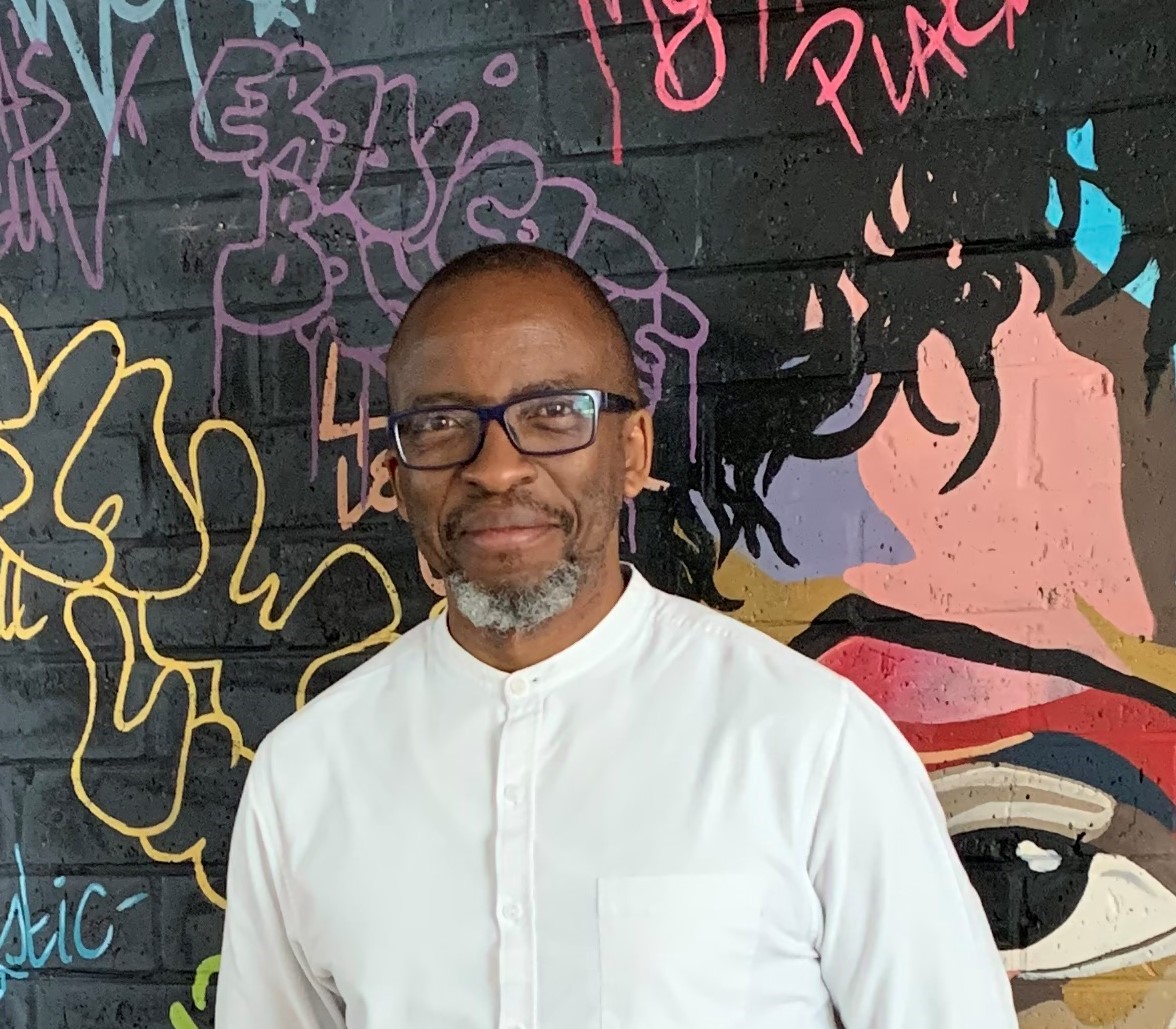 A career spent mining for insights from diverse sources to develop actionable strategy has seen Ivan work across the entire marketing value chain with a wonderfully diverse variety of people. Some have not been as lucky. We therefore need to change the cliche that homogenous groups get to a solution faster. Because time and again, we see that diverse groups create better work. Without this corporate mindshift, the best I&D solutions just won’t be impactful.
A career spent mining for insights from diverse sources to develop actionable strategy has seen Ivan work across the entire marketing value chain with a wonderfully diverse variety of people. Some have not been as lucky. We therefore need to change the cliche that homogenous groups get to a solution faster. Because time and again, we see that diverse groups create better work. Without this corporate mindshift, the best I&D solutions just won’t be impactful.
The moment you think you’re woke and that you get it, you’re making a mistake. The simple, yet effective corollary, is to learn to listen not to answer or validate your opinions, but to better understand the human condition. Once you embrace this thinking, you’re liberated from the fear of making mistakes and actively try harder. Many don’t do the work, feel attacked and respond with ‘I get it, I’m not a toxic male, I don’t harass or cat-call’ – you’re also not a woman. We therefore need to ensure more men have the conversation with other men, without preaching. It’s a personal responsibility, especially if you have daughters. Ivan says: “You need to choose a lane – are you going to be part of the problem or even perpetuate it by keeping quiet?” Unfortunately, the conversation doesn’t often shift to mental and emotional health for men, so their feelings are at times minimised. We also need to ensure the balance isn’t overzealously tipped too far in the other direction with men replaced by all-female teams and boards, as that’s not true equality. This is where we come in as marketers, driving the conversation in society by first getting DEI right in marketing.
Consider how your company communicates its views on gender equality, as the norm is usually a case of women speaking to women in an echo chamber. Where are the sponsors? Where are the allies? It doesn’t help to only lament among peers. The narrative needs to reach those with the power to influence. Then it needs to snowball, in being vulnerable, speaking of your fears or unconscious biases without fear of punishment. We need to encourage this spirit of sharing and see it as a learning opportunity. Because no matter how smart or empathetic you are, you can never fully understand the lived experience of someone else.
On the spectrum of discrimination, in gender it ranges from outright being sexist to unconscious bias and anything in between. We need diverse solutions to be careful of turning it into a case of ‘us’ vs ‘you’ as the last thing we want is for people to retract or turn into an anti. In a sensitive world, we need to cut through the nonsense and not use demographics to mask incompetence and perpetuate stereotypes. If you’re in a position of power, most understand it is your duty. But if you don’t truly believe women add value, it’ll just be seen as lip service. The best I&D strategies will fail as the challenges become self-fulfilling prophecies. This belief is only made visible through actions.
We hope this resonates. If you walk away with nothing else, let it be this: The lived experience of a man will never be the same as the lived experience of a woman, but in listening to understand we can create safe spaces to bring the necessary gender equality conversation to life and start walking the talk.
Find out more about the Africa chapter of Women in Marketing (WiM). The #RealTalkSeries was made possible through the support of partners UN Women’s Unstereotype Alliance South Africa and Kantar. Rewatch the session for further insights and follow us on Twitter and LinkedIn for updates.